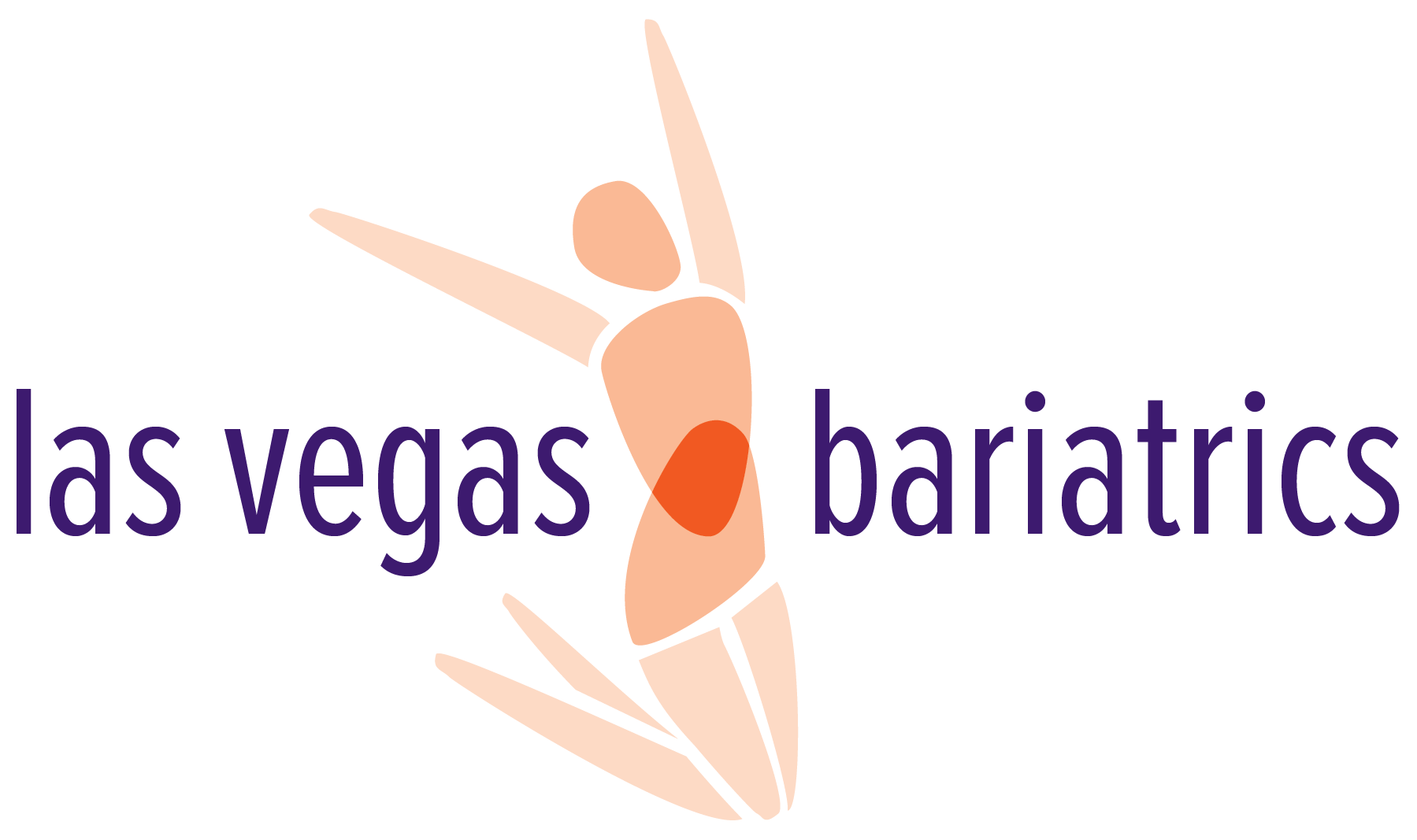Losing weight and achieving a leaner physique pose significant challenges. Managing hunger becomes a major obstacle for patients striving to shed pounds. New treatments, like our Semaglutide in Las Vegas, are now available to help patients reduce their hunger levels and control their calorie intake throughout the day.
Do Weight Loss Shots, Like Semaglutide, Come With Any Side Effects?
Weight loss shots, such as Semaglutide, have potential side effects that may accompany their use. These include the following:
- Gastrointestinal Issues: Nausea, vomiting, and diarrhea are among the most commonly reported side effects. These symptoms are typically mild to moderate and tend to decrease over time as the body adjusts to the medication.
- Decreased Appetite: While reduced appetite is one of the intended effects, it can sometimes lead to insufficient calorie intake, causing fatigue and weakness.
- Injection Site Reactions: Redness, swelling, or irritation at the injection site can occur, though these reactions are generally mild and temporary.
- Low Blood Sugar (Hypoglycemia): Low blood sugar levels are a risk, particularly when combined with other glucose-lowering medications. Symptoms may include dizziness, sweating, and confusion.
- Fatigue: Some individuals may experience tiredness or low energy levels, especially in the early stages of treatment.
- Pancreatitis: Although rare, there is a potential risk of pancreatitis, an inflammation of the pancreas, which requires immediate medical attention if severe abdominal pain occurs.
There may be other long-term effects that we are unaware of at this time. This is simply because Ozempic (a type of Semaglutide) and related treatments are new, and there is no data on what patients experience long-term. Patients should be aware of this when proceeding with treatment.






